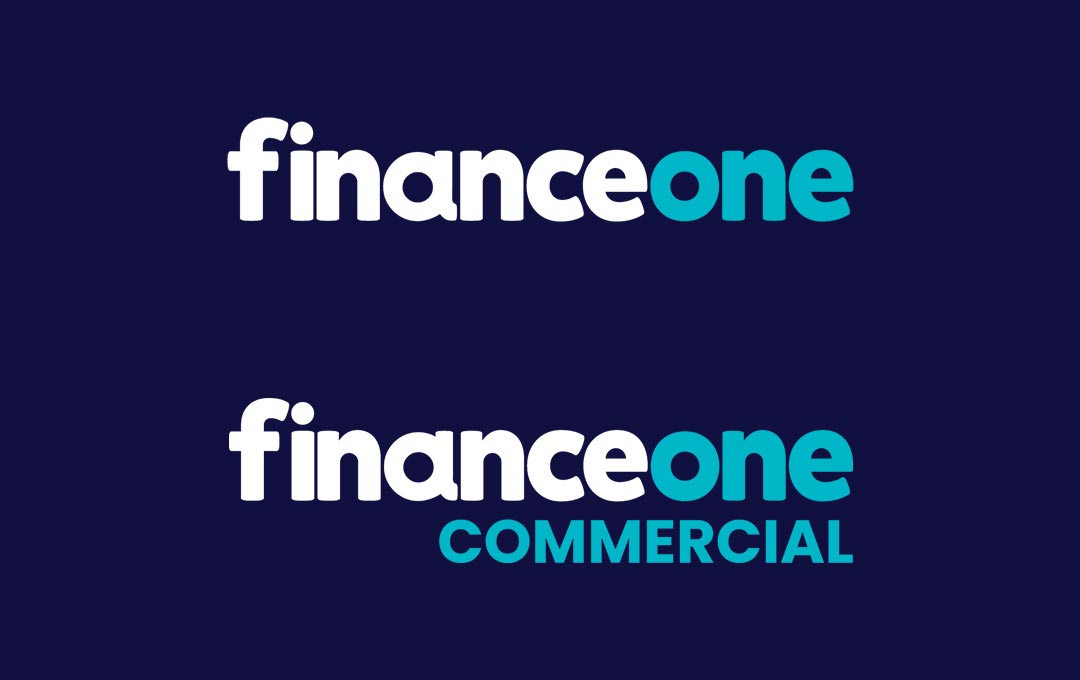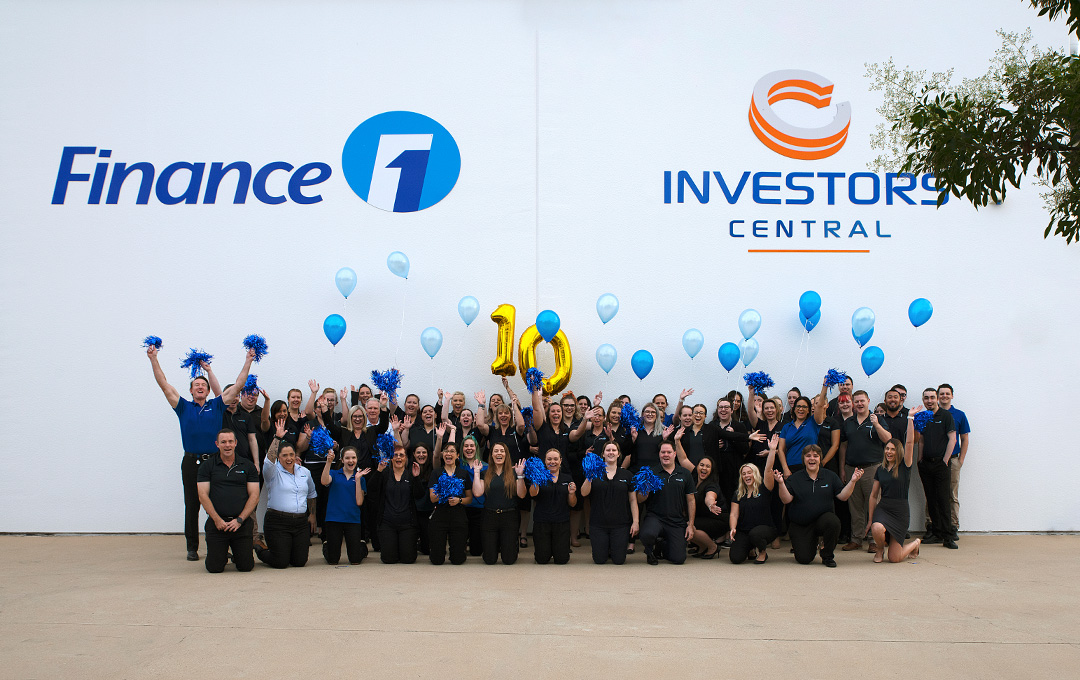If you want to get ahead with your credit but need finance to get you there, Finance One can help.
Accessing personal finance with a specialist bad credit lender can allow you to take out a personal loan to consolidate your existing debts or at least repay your credit card to access lower interest and more flexible repayments.
Apply Online NowHow do credit card accounts work?
Most people will be familiar with the basic concept of credit card accounts: they are a form of revolving credit, where a credit provider offers the borrower a set credit limit on a credit account, which is accessed by a card. What many people don’t have is a complete understanding of the features of credit cards and how credit cards affect their credit health.Purchase Rates
The purchase rate is the amount of interest that’s charged on purchases. Depending on what type of credit card account you hold, you may have an interest-free period on some purchases for a select period of time throughout your billing cycle.Fees
Most credit cards will come with a range of different fees. The most common are annual fees. The annual fee will differ from card to card and between credit card companies.Billing cycle
Usually, your credit card account is billed monthly. Each month, there will be a minimum payment required, however, the card issuer will calculate your total purchases across your billing cycle and provide you with the full amount payable. Your repayment behaviour on your credit card is reflected on your credit file.Credit limits
The credit limit of your credit card is the total limit of purchases you can make. The limit is determined by the product itself and the strength of your application, which includes how much other debt you hold.Your credit file
People over the age of 18 in Australia who have borrowed money or have applied to borrow money will have a credit file. Often referred to as your credit history, credit files are documents produced by credit reporting bodies in Australia. They contain all of the information about your borrowing and repayment history.Accessing a copy of your credit report
What impact does cancelling a credit card have on my credit score?
If you think cancelling a credit card impacts your credit score, you’re right! Most people believe that having less credit card debt would be a good thing for their credit score, however, there can be both negative and positive impacts to cancelling a credit card. We take a look at some of them below:Positive Impacts
Some of the positive impacts of cancelling a credit card are below:- To cancel a credit card account, you presumably have repaid the credit card in full! A closed account on your credit file shows that you have the capacity to borrow money and repay it in full.
- Your credit score may have the opportunity to rebuild over time as you no longer have credit card repayments to make — this is particularly helpful if you were paying high annual fees. That money could be directed to repaying other debts or ensuring that you pay your utility bills on time which is good practice that can improve your credit score over time.
- If you have multiple credit cards, cancelling one of the cards can reduce the number of credit card accounts open on your file, which could work in your favour to improve your credit score.
- Your overall credit limit across all credit products will decrease, which means you may have a better borrowing capacity for future credit applications.
The negative impacts of cancelling credit card accounts
People cancel credit cards for many reasons, but does cancelling a credit card affect credit rating? Australia has different credit bureaus with credit scoring models used to determine your overall score — and yes, cancelling a credit card can affect your credit score!- Your credit utilisation ratio (your credit-to-balance ratio) is the ratio between your available credit and your total credit limit. By cancelling a credit card (or even reducing the credit limit), you effectively ‘use up’ more of your credit limit, which could negatively impact your credit score as it increases your credit-to-balance ratio.
- Credit reporting bodies like to see that you have at least one credit account open. This provides the opportunity to demonstrate your repayment behaviour and debt conduct. Having no active or open accounts means that credit agencies cannot determine your current behaviour around credit products. If your credit card was the only active account you had open, this could have a negative impact on your credit score.
- Similarly, if your credit card is the oldest account you have open, cancelling it could lower your credit score, as it means that you have a shorter period of active credit history available to assess. Keeping an old account active can help maintain your credit health (provided you’re using it responsibly).
How can I improve my credit rating if I have credit cards?
If you have a less-than-desirable credit score, and are wondering how you can use your credit card to help improve your score, here are some tips:- Access your free credit score report to know your credit score and what’s pushed it down. Those that check their credit scores regularly have the best chance of keeping their finger on the pulse. (You can generally access a free credit report once every three months).
- Pay your credit card bill on time for at least the minimum payment by the due date.
- Try and achieve a credit mix. Instead of applying for a new credit card, if you’re looking at finance options, consider other loans, such as a personal loan, to achieve a better mix of credit on your file.
- If you’re not using your credit card, try using it at least monthly and then repaying the credit card balance every month. Bills like gym memberships represent a good opportunity to have a small amount debited from the card and then repay the amount when your credit card statement arrives.
How Finance One can help improve your credit score
Making every loan payment on time will reflect positively on your credit report and give you the breathing room you need in your budget while boosting your credit score. At Finance One, we look at more than just your credit report — we look at your full personal circumstances and financial situation and use internal scores to determine the best finance solution for your needs.
Find out what it’s like to access a credit provider who’s in your corner; contact Finance One today.
Apply Online NowNormal lending criteria apply. Fees and charges are payable. Terms and conditions apply.
Finance One means:
Fin One Pty Ltd – ABN: 80 139 719 903
Australian Credit Licence: 387528
Disclaimer: The information above is of a general nature only and does not consider your personal objectives, financial situation or particular needs. You should consider seeking independent advice regarding your legal, financial, taxation or other needs, to check how the information relates to your particular circumstances. We do not accept responsibility for any loss arising from the use of, or reliance on, the information. All loan applications are subject to normal lending criteria. Fees and charges payable. Terms and conditions apply.



